The Alliance for Peace, Democracy, and Reconciliation (APDR), an opposition party in Burundi, celebrated its 11th anniversary on Sunday against the backdrop of mounting political tensions surrounding the forthcoming elections. The event coincided with a presidential decree opening the submission of candidacies, a move that has raised concerns among political stakeholders.
Gabriel Banzawitonde, APDR chairman, called on the Independent National Electoral Commission (CENI) to act with prudence and fairness as an impartial electoral arbitrator. “These elections carry significant political stakes,” Banzawitonde said, urging political parties and citizens to respect the election results.
During the celebration, prominent politician and former National Assembly President Léonce Ngendakumana emphasized the fragility of Burundi’s democratic system. He cited poorly organized elections, electoral fraud, and self-serving political agendas as key factors undermining democratic progress.
“Elections, a cornerstone of democracy, are often marred by irregularities that lead to coups and political instability,” Ngendakumana said. He also criticized lawmakers for prioritizing party loyalty over serving their constituents, lamenting a lack of accountability and representation.
Ngendakumana proposed measures to strengthen democracy, including fostering public dialogue on governance, improving electoral transparency, and uniting political actors. He also advocated for civic education to empower Burundians to participate meaningfully in democratic processes and drive sustainable development.
Electoral Calendar Faces Criticism
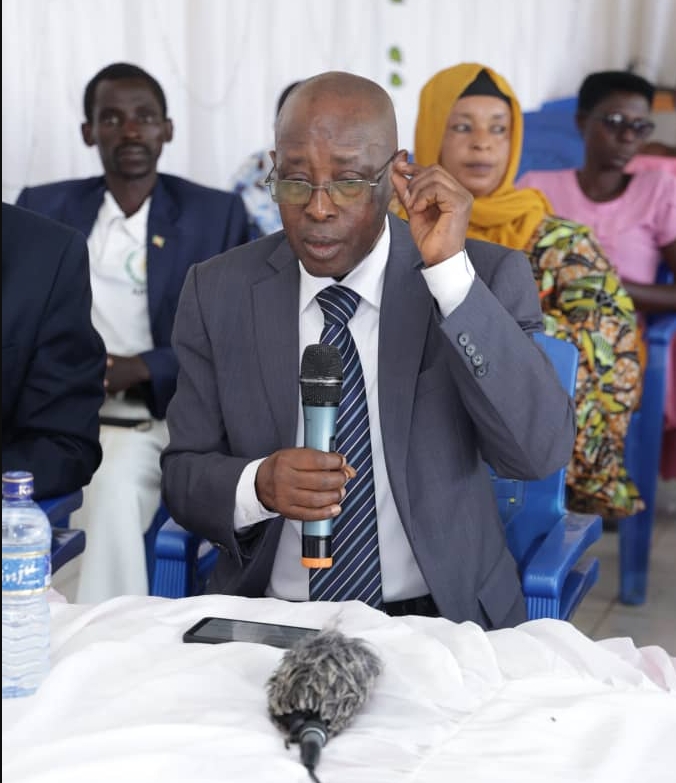
The newly announced electoral calendar has come under scrutiny from various quarters. Ngendakumana expressed concerns about potential manipulation, citing the tight schedule as a significant challenge. He called for inclusivity and transparency to ensure peaceful elections.
Aloys Baricako, president of the National Assembly for Change (RANAC), highlighted flaws in the electoral code, particularly provisions that disadvantage coalition candidates. He urged for revisions to prevent disenfranchisement and promote fair competition.
The National Congress for Liberty (CNL) faction aligned with opposition leader Agathon Rwasa criticized the electoral framework, describing it as a “law specifically designed to exclude Honorable Rwasa and his close associates.” This claim was made by MP Pamphile Malayika in a statement to AFP, as reported by the French public television network TV5 Monde.
According to a presidential decree issued on Saturday, Burundi’s legislative elections are scheduled for June 5, 2025. These will be conducted across five constituencies corresponding to the country’s newly established provinces, which will replace the existing 19 provinces after the elections.
The National Assembly will maintain its constitutional composition of 100 members, with seats distributed to reflect ethnic balance: 60% allocated to the Hutu majority (85% of the population), 40% to the Tutsi minority (14%), and three co-opted seats reserved for representatives of the Twa community (1%). The Independent National Electoral Commission (CENI) will oversee the co-option process.

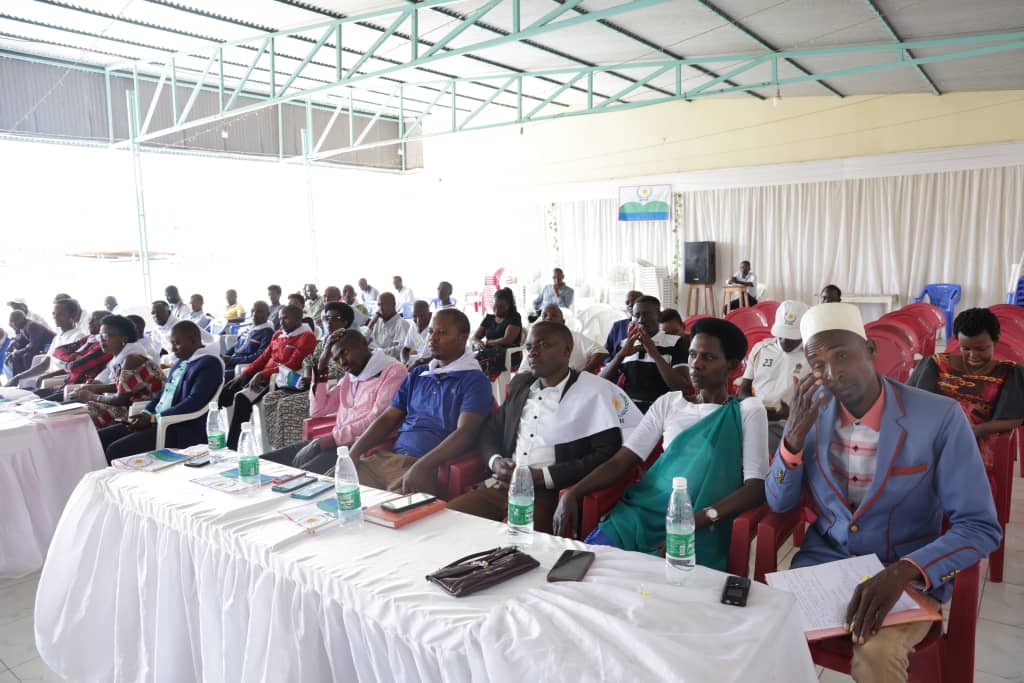
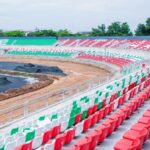

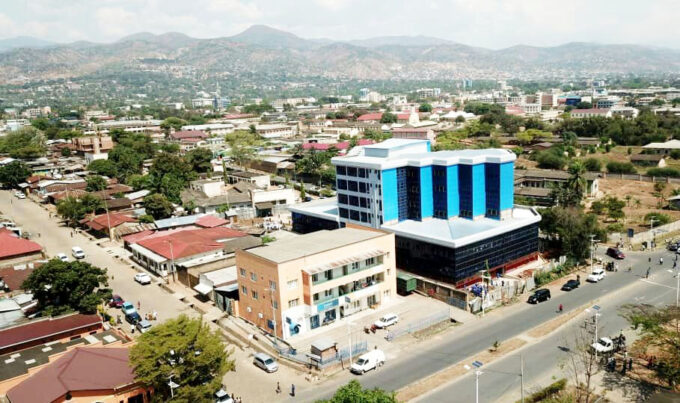
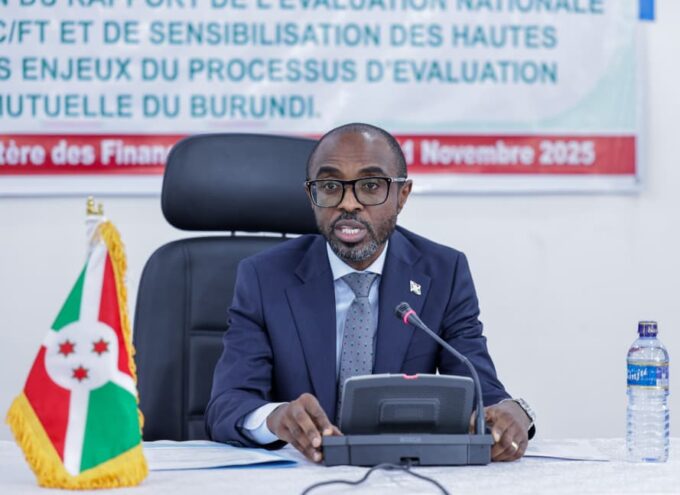
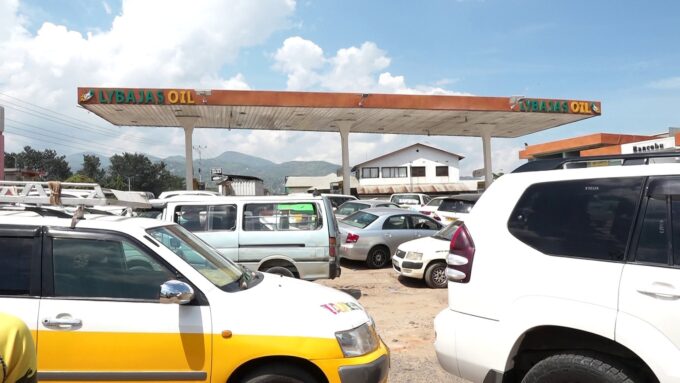
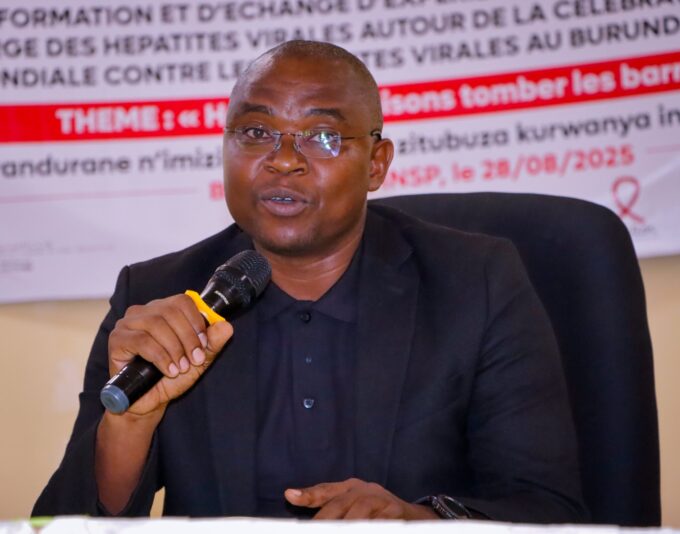
Leave a comment